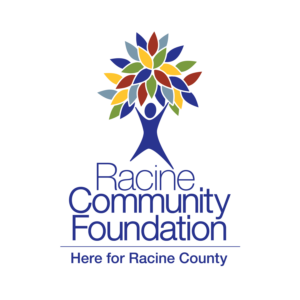Rapid Rehousing & TBRA Housing Programs
Having a place to call home is something most people take for granted. For others, it’s often a dream. Our Rapid Re-housing (RRH) and Tenant-Based Rental Assistance (TBRA) programs can turn these dreams into reality.
For more information on LSS homeless programs, please call 1-855-397-9250.
—————————————————————————————-
LSS programs are designed to provide several supportive services that help you gain the skills and confidence for self-sufficiency. These may include housing identification, financial assistance with security deposits and rental payments, and case management support services and are dependent upon the terms of individual programs. If you’re struggling with homelessness, our programs can fill the gaps to get your life back on track.
To find out more information on our programs, please call 1-855-397-9250
LSS uses the Housing First Approach. Housing First is an approach to connect individuals and families experiencing homelessness quickly and successfully to permanent housing without preconditions and barriers to entry, such as sobriety, treatment, or service participation requirements. Supportive services are offered to maximize housing stability and prevent returns to homelessness as opposed to addressing predetermined treatment goals prior to permanent housing entry.
LSS currently operates RRH and/or TBRA programs in the following Wisconsin counties: Eau Claire, Waukesha, Jefferson, Washington, Ozaukee, Racine, Dane and the following Michigan counties: Marquette, Alger, Baraga, Houghton, Keweenaw.
Housing Placement and Support Services
Qualified program participants are provided with assistance in housing identification and placement, as well as rental assistance. Program length is dependent upon the individual program. LSS partners with counties to provide case management services to assist in person-centered planning to achieve goals and gain independent housing stability. Participants meet with the housing case manager monthly to review and update the plan. The case manager also provides connections to community support services including:
- Employment and job search support
- Transportation opportunities
- Life skills training, including budgeting
- Referrals to community resources including, but not limited to: medical care, mental health services, substance abuse counseling, financial counseling, child care, etc.
- Educational support
Policy Documents
A special thank you to the Racine Community Foundation for supporting LSS’ Racine Rapid Rehousing Program!

